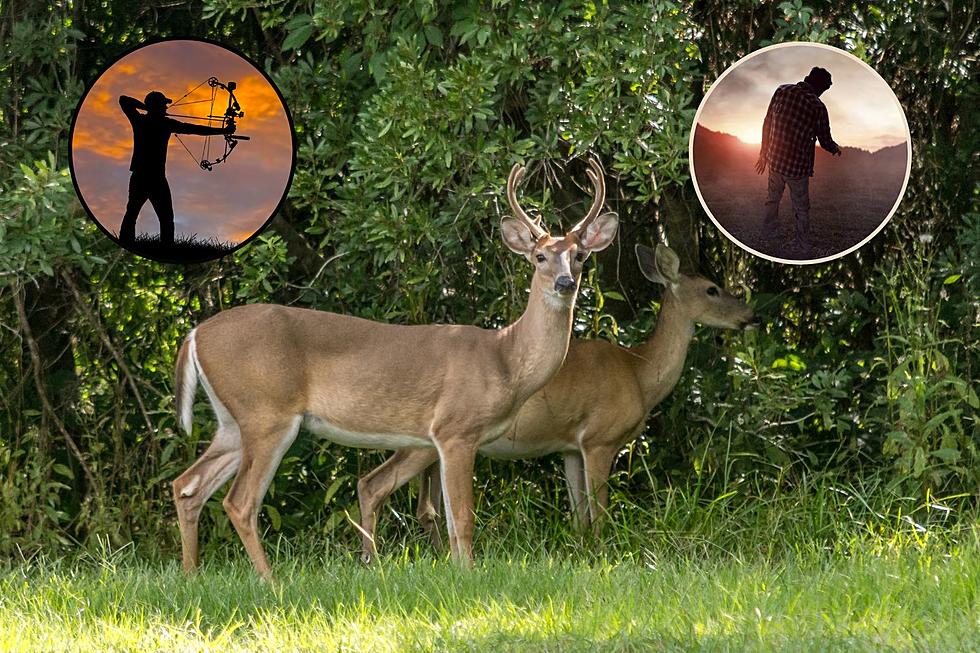
Kentucky Fish & Wildlife Sue Hunter for Bringing “Zombie” Deer Head Into the State
Officials from Kentucky Fish & Wildlife are in the midst of a lawsuit against a hunter - not because of something he did to a living animal while hunting, but because of something he did with the animal after it was dead. This is a crazy story about a deer head and a disease that turns animals into "zombies."
Let Me Set the Scene
Back in January 2023, a Kentucky man was deer hunting in Wisconsin. His hunt was successful and he wanted to bring his trophy (the deer head) home so he could have it mounted. The problem is, it's illegal to bring animal carcasses across state lines into Kentucky. The man did it anyway.
That may or may not seem a little strange to you, but it's definitely not the crazy part of the story - that honor goes to the CWD, which has been referred to as "zombie deer disease."
What is Chronic Wasting Disease?
According to USGS.gov, "Chronic wasting disease (CWD) is a fatal, neurological illness occurring in North American cervids (members of the deer family), including white-tailed deer, mule deer, elk, and moose."
This is a scary disease that, for the time being, does not affect humans. It's scary for a number of reasons.
- There is no vaccine and no cure. It is 100% fatal.
- It has an incubation period of up to 24 months. That means a deer could get infected and walk around for two years, spreading it to other deer, before any symptoms started to show.
- The most noticeable symptom is progressive weight loss - hence the "wasting" in the name.
- The disease causes the animal's brain to degenerate, leading to abnormal behavior similar to someone with dementia. People who have seen infected animals say they appear to be in a "zombie-like" state.
Should Kentuckians Be Concerned?
At this point, I don't think anyone in the Commonwealth should be too concerned about CWD. Remember, the disease does not affect humans, and a scientist for KY Fish & Wildlife confirms that CWD has NOT been found in deer in Kentucky. This should really serve as more of a cautionary tale, and a reminder and warning for hunters in the Bluegrass state and surrounding areas.
